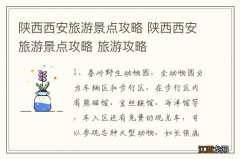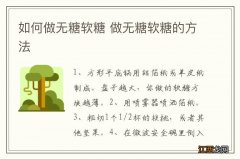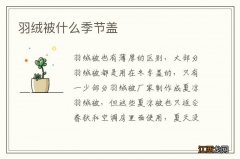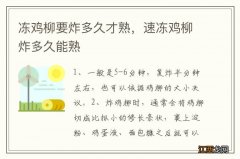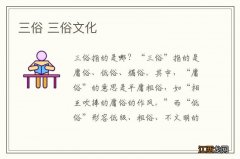
在成功之路上,中国人讲究“天时地利人和” 。天时指“opportune time”,地利指“geographic advantage”,人和指“ unity of all ranks; popular support” 。
这一概念出自《孟子?公孙丑下》,“天时不如地利,地利不如人和”,意思是“有利的气候条件不如有利的地理条件,有利的地理条件不如人的齐心协力” 。“天时地利人和”可以翻译为“favourable timing, geographical and human conditions” 。
例句:
tiān shí、dì lì、rén hé,sān zhě bù dé,suī shèng yǒu yāng
天时、地利、人和,三者不得,虽胜有殃 。
Favorable weather conditions, geographic advantages, and the unity of the people all must be in place. If not, victory will be costly.
【天时地利人和意思 一课译词】

